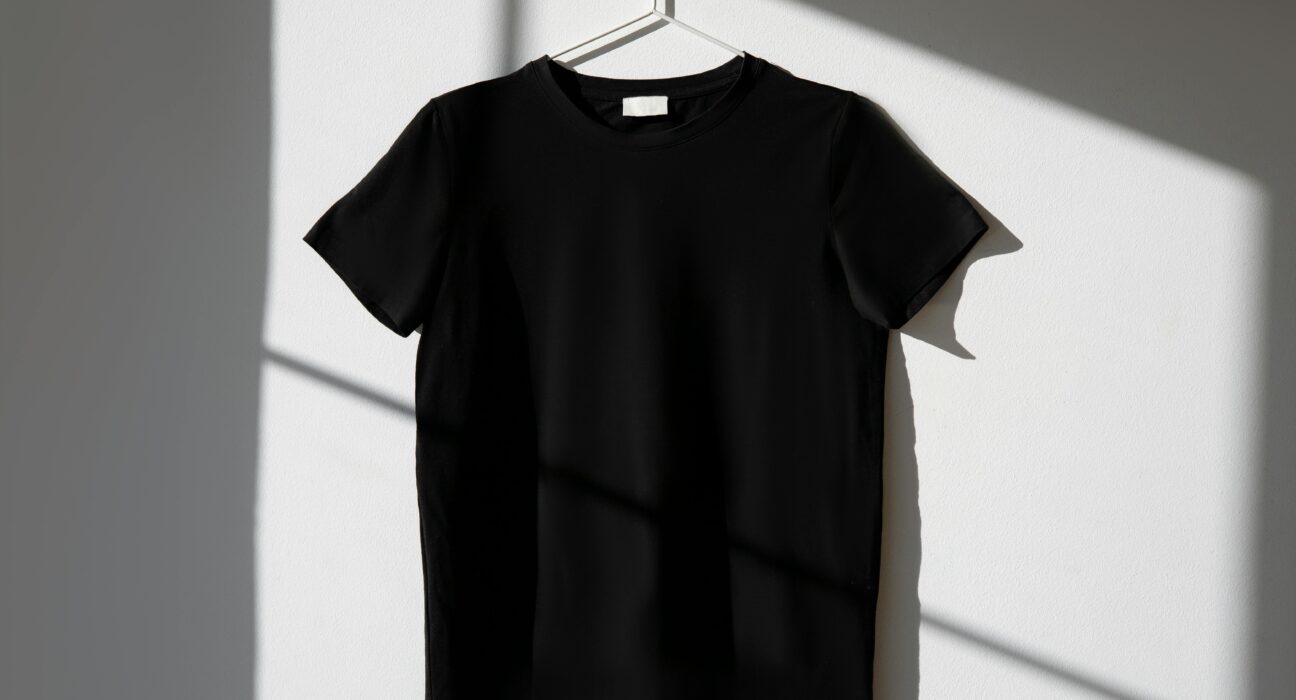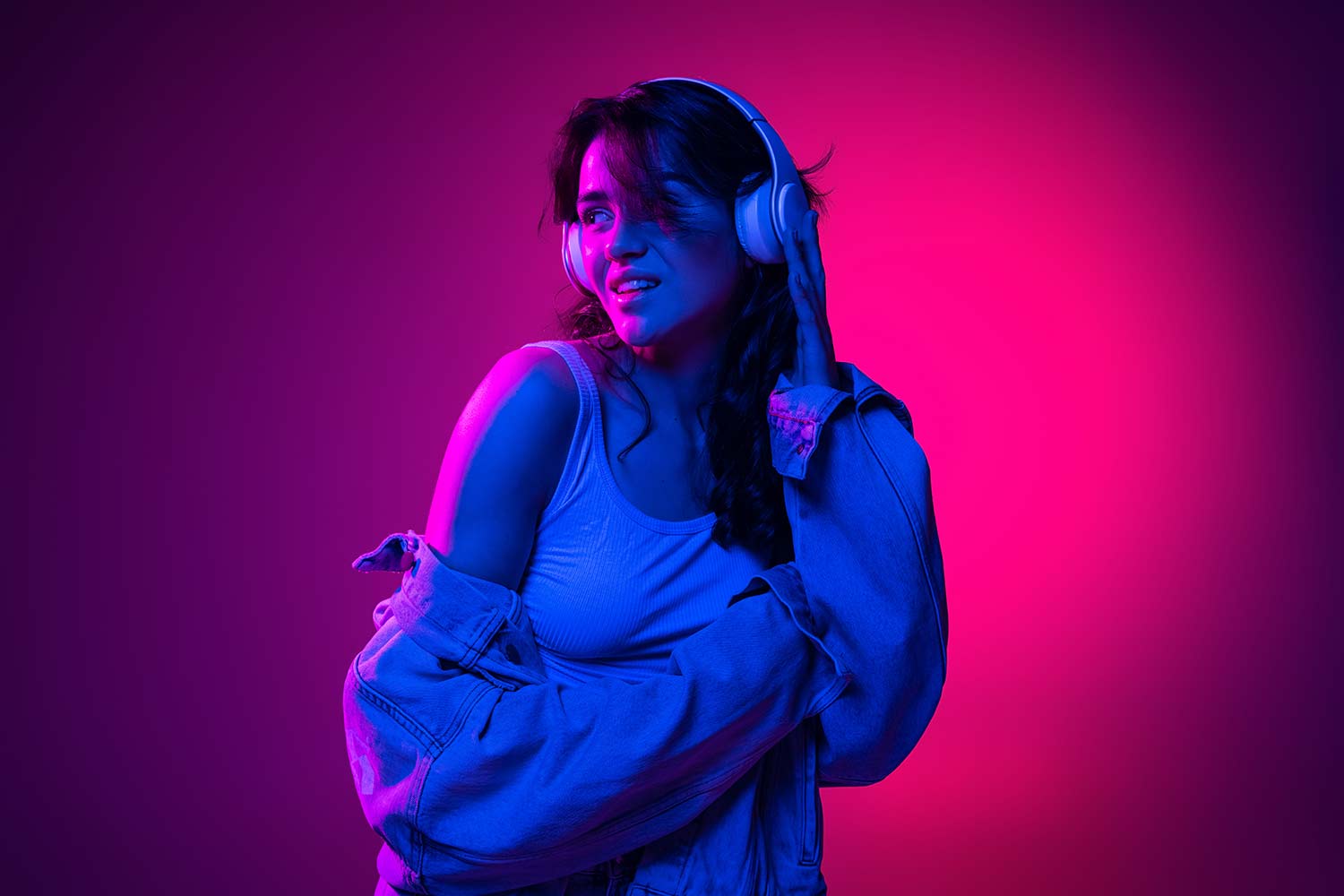Luxury Fashion: The Art of Timeless Elegance

Luxury fashion represents more than just high-end clothing and accessories; it’s the embodiment of craftsmanship, exclusivity, and a certain lifestyle. For decades, luxury fashion has set the standards for creativity, innovation, and quality in the industry, making it a coveted space for those who appreciate artistry and refinement in their wardrobe choices. Let’s explore the allure of luxury fashion, its evolution, and what makes it stand apart in the modern world.
1. The Essence of Luxury Fashion
At its core, luxury fashion is about exceptional quality. From the meticulous craftsmanship to the use of the finest materials, every piece in the luxury fashion world is a product of hours of painstaking labor and creativity. These items are not mass-produced but are made in limited quantities, adding an element of exclusivity.
Luxury brands like Chanel, Louis Vuitton, Hermès, and Gucci have built reputations over decades for their commitment to excellence, offering collections that transcend fleeting trends and become timeless staples. When you invest in a luxury item, you’re not just purchasing a piece of clothing or an accessory; you’re investing in a piece of fashion history.
Trending Now: The demand for limited-edition and custom-made luxury fashion pieces continues to rise. Personalized designs, bespoke tailoring, and exclusive capsule collections cater to fashion connoisseurs who value uniqueness.
2. The Evolution of Luxury Fashion
Luxury fashion has always been synonymous with heritage and tradition. However, in recent years, it has evolved to meet the needs of a new generation of fashion consumers. Modern luxury is no longer about showing off wealth; it’s about individuality, sustainability, and ethical production.
Brands like Stella McCartney and Gabriela Hearst are leading the way in creating eco-conscious luxury collections, using sustainable materials, and embracing transparency in their supply chains. The intersection of luxury and sustainability is a growing trend that reflects the values of today’s consumers, who are looking for more than just aesthetic appeal—they want to know that the brands they support align with their personal ethics.
Trending Now: Sustainable luxury fashion is reshaping the industry, with an increasing number of brands offering eco-friendly and cruelty-free alternatives. Vintage and second-hand luxury shopping is also becoming a trend, as consumers seek out timeless pieces with lower environmental impact.
3. Exclusivity and Craftsmanship
One of the most defining characteristics of luxury fashion is its exclusivity. These brands operate in a world of scarcity, where limited-edition items, bespoke designs, and artisanal techniques set them apart from mass-market brands. Whether it’s the intricate hand-stitching on a Hermès Birkin bag or the impeccable tailoring of a Dior gown, luxury fashion celebrates artistry at its finest.
This level of craftsmanship is a result of skilled artisans who have honed their craft over years, if not decades. Luxury fashion brands often employ specialized workshops where artisans focus on producing one-of-a-kind pieces that showcase meticulous attention to detail. This focus on craftsmanship ensures that luxury items stand the test of time—both in terms of durability and style.
Trending Now: Handcrafted, artisanal luxury items are in high demand, particularly those that draw on a brand’s heritage and traditional techniques. From couture fashion houses to smaller boutique luxury brands, the focus on craftsmanship continues to be a major selling point.
4. The Role of Celebrity and Pop Culture
Luxury fashion has always had a close relationship with celebrity culture, with A-list stars often serving as the faces of major fashion houses. Red carpet events, runway shows, and exclusive parties have become showcases for luxury brands, where celebrities and influencers wear the latest designs, setting trends for the global fashion audience.
In today’s digital age, social media platforms like Instagram have amplified the reach of luxury fashion. High-profile endorsements, influencer partnerships, and collaborations with pop culture icons have expanded luxury brands’ appeal to younger, fashion-forward audiences. Celebrities like Rihanna, Zendaya, and Timothée Chalamet have become modern style icons, redefining what luxury fashion means for the current generation.
Trending Now: Collaborations between luxury brands and pop culture figures are shaping trends. Recent partnerships like Gucci x Harry Styles and Fendi x Kim Kardashian highlight the growing influence of celebrity and social media on luxury fashion.
5. Luxury Fashion in the Digital Age
In the past, luxury fashion was accessible only through exclusive boutiques or high-end department stores. However, the digital age has revolutionized the way consumers interact with luxury brands. With the rise of online shopping and social media, luxury fashion is now more accessible than ever, allowing consumers from around the world to purchase high-end items at the click of a button.
Brands like Louis Vuitton, Burberry, and Balenciaga have embraced e-commerce and digital innovation to reach a global audience. Virtual runway shows, augmented reality shopping experiences, and exclusive online collections are redefining the luxury fashion landscape.
Trending Now: Digital fashion shows, virtual storefronts, and NFT (non-fungible token) fashion items are emerging trends in the luxury fashion world. Brands are exploring new ways to engage with tech-savvy consumers and tap into the growing interest in digital fashion assets.
6. Investment Value of Luxury Fashion
One of the key reasons people invest in luxury fashion is its value as an asset. Unlike fast fashion, which loses value quickly, luxury items often appreciate over time. Iconic pieces such as Chanel’s classic flap bag, Rolex watches, and Hermès’ Birkin bags have become collector’s items that are not only stylish but also hold significant financial value.
Vintage luxury shopping has also gained popularity, with many consumers seeking pre-owned luxury items that have stood the test of time. Platforms like The RealReal and Vestiaire Collective offer authenticated, pre-loved luxury items, allowing fashion enthusiasts to buy iconic pieces at a lower cost while promoting sustainability.
Trending Now: Vintage luxury shopping is booming, as consumers look for investment-worthy pieces that offer both style and long-term value. Limited-edition releases and rare items are also attracting a growing number of fashion investors.
Conclusion
Luxury fashion is about more than just wearing expensive clothes; it’s about celebrating art, craftsmanship, and individuality. Whether it’s a handcrafted handbag, a sustainably sourced garment, or an iconic pair of shoes, luxury fashion items hold an enduring appeal that transcends seasons and trends. As the industry evolves to meet modern values like sustainability and inclusivity, luxury fashion continues to define elegance and exclusivity in new and exciting ways.
So, whether you’re adding a timeless piece to your collection or exploring the latest trends, luxury fashion offers the perfect blend of style, craftsmanship, and a touch of exclusivity.











